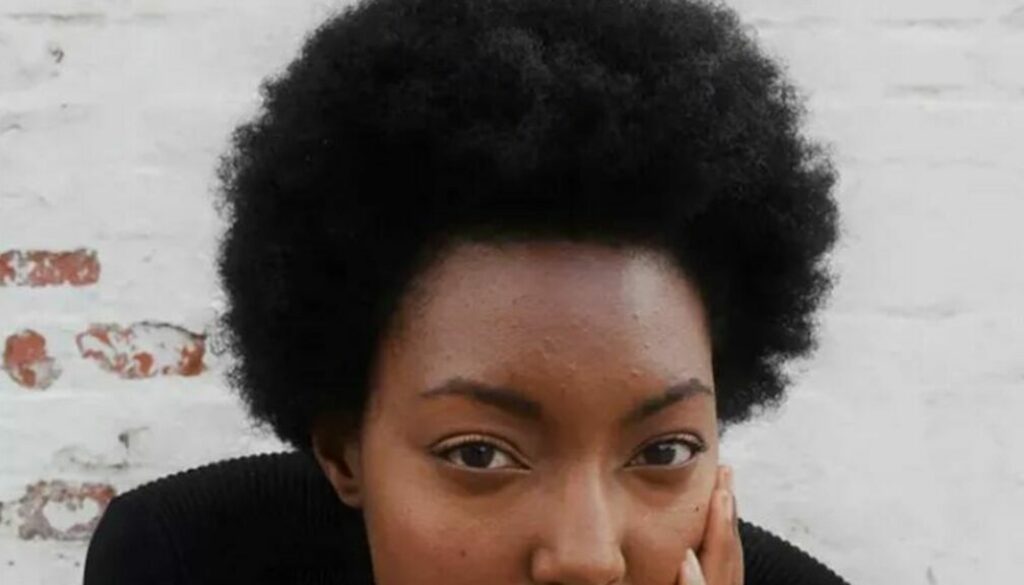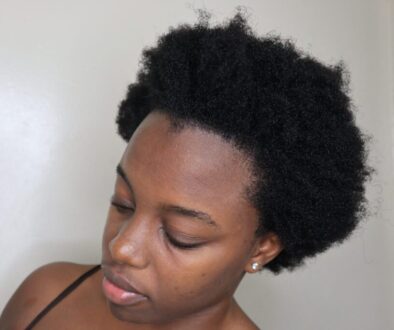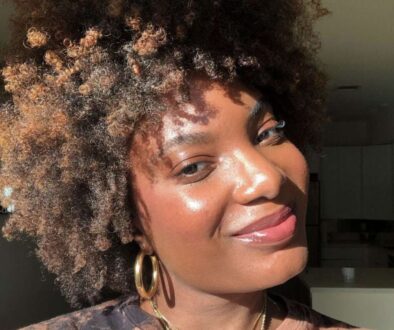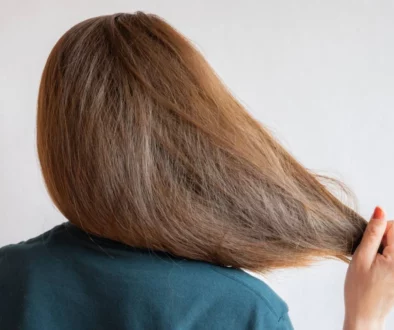10 Common Hair Care Myths Debunked
Hair care is an essential part of our grooming routines, but there are numerous myths surrounding the best practices for maintaining healthy hair. In this article, we will explore and debunk ten common hair care myths to help you distinguish fact from fiction. By understanding the truth behind these myths, you can make informed decisions and achieve the beautiful, healthy hair you desire.
Myth 1: Frequent Trimming Promotes Hair Growth
Explanation of myth: The myth suggests that regular hair trims, even when your hair is healthy, can stimulate hair growth.
Debunking the myth through scientific evidence: Contrary to this belief, there is no scientific evidence to support the idea that frequent trimming leads to hair growth. Hair growth occurs at the scalp, not at the ends. Trimming does, however, help remove split ends and prevent breakage, giving the appearance of healthier and longer hair.
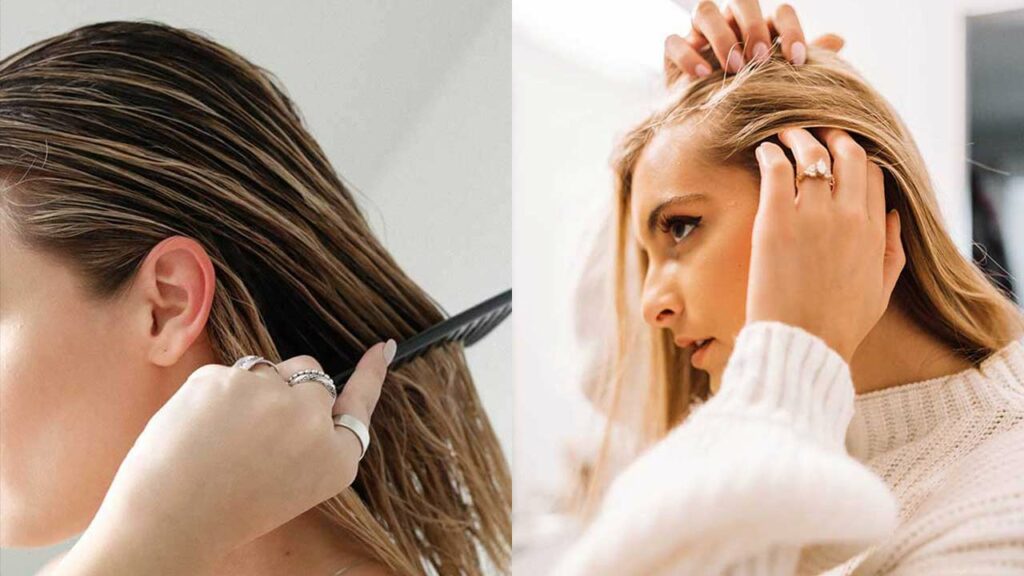
Myth 2: Washing Your Hair Daily Damages it
Explanation of myth: Many people believe that washing your hair every day can strip it of its natural oils, leading to damage.
Disproving the myth with expert opinions and research: Hair experts and research studies have shown that washing your hair daily doesn’t necessarily cause damage. In fact, how often you should wash your hair depends on various factors such as your hair type, scalp condition, and the products you use. Overwashing or using harsh shampoos can lead to dryness and damage, but regular cleansing with suitable products can maintain a healthy scalp and hair.
Myth 3: Using Hot Water While Washing Hair Leads to Hair Loss
Explanation of myth: It is believed that using hot water to wash hair can cause hair loss or contribute to hair thinning.
Clarification using scientific information: Hot water alone does not cause hair loss. Hair loss is primarily determined by genetic and hormonal factors. However, excessively hot water can weaken the hair strands and make them more prone to breakage. It is advisable to use lukewarm or cool water when washing your hair to maintain its strength and integrity.
Myth 4: Brushing Your Hair 100 Times a Day Makes it Healthier
Explanation of myth: The age-old belief suggests that frequent brushing with a specific number of strokes can improve hair health and stimulate growth.
Debunking the myth with expert advice: Hair experts advise against excessive brushing as it can lead to hair breakage and damage. The key is to brush your hair gently and only as necessary to detangle and style it. Overbrushing can do more harm than good.
Myth 5: Frequent Shampooing Causes Excessive Oil Production
Explanation of myth: It is commonly believed that washing your hair too often will make your scalp produce more oil, resulting in greasy hair.
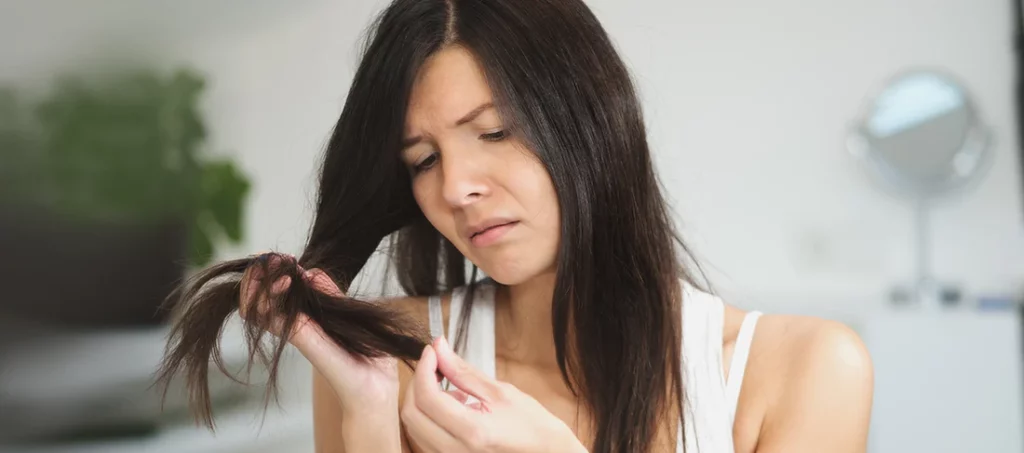
Supporting evidence to debunk the myth: Contrary to popular belief, frequent shampooing does not cause an increase in oil production. Each individual’s scalp produces a certain amount of oil, and factors like genetics and hormonal changes influence it. Over-cleansing or using harsh shampoos can strip the scalp of its natural oils, causing it to produce more oil to compensate. However, regular and gentle cleansing can help maintain a healthy scalp and balance the natural oil production.
Myth 6: Cutting Hair During a Specific Moon Phase Enhances Growth
Explanation of myth: Some believe that trimming hair during a specific moon phase can accelerate hair growth.
Scientific explanation to debunk the myth: There is no scientific evidence to support the idea that cutting hair during a specific moon phase affects its growth rate. Hair growth is influenced by factors such as genetics, nutrition, and overall health, not by a lunar calendar. Trimming hair regularly can still contribute to healthier-looking hair by removing split ends and preventing breakage.
Myth 7: Split Ends Can be Permanently Repaired
Explanation of myth: The myth suggests that there are ways to permanently repair split ends without cutting them off.
Expert opinions on repairing split ends: Hair experts agree that split ends cannot be permanently repaired. Once the hair strand splits, the only effective solution is to trim the ends. Various hair care products may temporarily minimize the appearance of split ends, but they cannot reverse or permanently repair the damage. Regular trims and proper hair care can help prevent split ends from occurring.
Myth 8: DIY Hair Masks Can Solve All Hair Problems
Explanation of myth: The myth suggests that homemade hair masks made with natural ingredients can effectively solve all types of hair problems.

Evaluation of effectiveness and limitations of DIY hair masks: While DIY hair masks can provide temporary benefits, their effectiveness varies depending on individual hair types and the specific hair concern. Not all hair problems can be resolved solely with DIY treatments. It is important to consult with hair experts or professionals to address specific hair concerns and determine the most suitable solutions.
Myth 9: Color-treated Hair is Permanently Damaged
Explanation of myth: There is a belief that once you dye your hair, it will be permanently damaged and lose its health and vitality.
Expert advice on maintaining healthy color-treated hair: Expert advice suggests that color-treated hair can remain healthy and vibrant with proper care. Using hair products specifically formulated for color-treated hair, reducing heat styling, and routinely moisturizing and nourishing the hair can help maintain its health and shine. It is important to follow professional guidance and adopt a hair care routine that supports the unique needs of color-treated hair.
Myth 10: Shaving Hair Makes it Grow Thicker
Explanation of myth: Many believe that shaving or cutting hair results in thicker and denser regrowth.
Scientific explanation to dismiss the myth: This myth is entirely inaccurate. Shaving hair does not change its thickness or density. Each hair follicle has its growth cycle and determines the thickness and texture of the regrown hair. Shaving only affects the hair’s appearance at the surface and has no influence on its growth below the skin level.

Conclusion
In conclusion, debunking common hair care myths is vital to ensure that individuals make informed decisions regarding their hair health. By understanding the realities behind these myths, you can develop a hair care routine that aligns with science-based practices, leading to healthier, more beautiful hair. Seek reliable information from experts to avoid falling prey to misconceptions and maximize the effectiveness of your hair care regimen.
FAQs:
1. Can frequent trimming prevent split ends?
Frequent trimming can help prevent split ends by removing the damaged ends of the hair. It is recommended to trim your hair every 6 to 8 weeks to maintain healthy ends.
2. Is it necessary to follow a specific hair care routine for color-treated hair?
Yes, it is necessary to follow a specific hair care routine for color-treated hair. Color-treated hair requires extra care to maintain its vibrancy and health. This may include using color-safe shampoo and conditioner, minimizing heat styling, applying deep conditioning treatments, and protecting your hair from UV rays.
3. Are expensive hair products always better?
Not necessarily. The price of a hair product doesn’t always indicate its quality or effectiveness. There are many affordable hair products that work just as well as expensive ones. It is important to choose products that are suitable for your hair type and address your specific concerns.
4. How often should I wash my hair?
The frequency of hair washing depends on various factors including hair type, scalp condition, and personal preference. For most people, washing hair 2-3 times a week is sufficient. However, if you have an oily scalp or participate in activities that make your hair dirty or sweaty, you may need to wash more frequently.
5. What are some natural remedies for healthy hair?
There are several natural remedies that can help promote healthy hair, such as:
- Regular scalp massages to stimulate blood flow to the hair follicles.
- Apply natural oils such as coconut oil, argan oil, or almond oil to moisturize the hair and scalp.
- Use homemade hair masks made from ingredients like avocado, banana, eggs, or yogurt to nourish and condition the hair.
- Eating a balanced diet rich in protein, vitamins, and minerals to support hair health from the inside out.
Also Read:
The Ultimate Guide to Glowing Skin: Tips and Tricks
